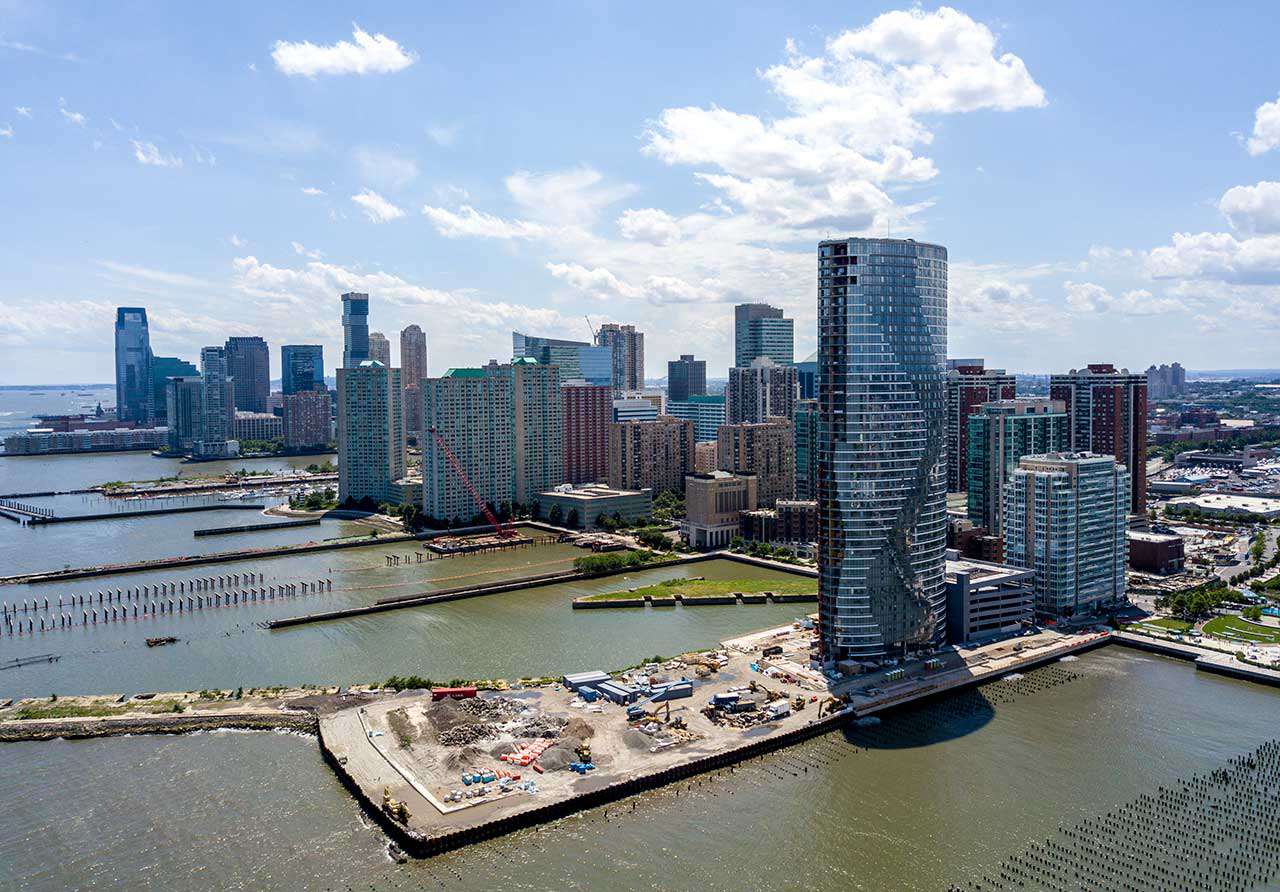
The most vertically growing city in the Garden State has enacted new legislation that aims to keep residents of high-rises safe while addressing any potential structural problems that arise at existing developments.
During their August 18 meeting, Jersey City’s council unanimously passed an ordinance on second reading to strengthen inspections at most buildings that rise over six floors. The law was passed in response to the recent partial collapse of the Champlain Towers Condominium complex near Miami that left 98 people dead.
Jersey City Mayor Steve Fulop announced the legislation in July, claiming the community prompted the effort. “Since the sad news from Florida, we’ve had Jersey City residents in several buildings reach out with the knowledge that their condo boards are delaying work because of the potential cost to residents,” Fulop said at the time.
The new law dictates that property owners hire a licensed architect or engineer to conduct a visual structural inspection every ten years that includes examination of foundations, balconies, all structural members, and waterproofing. A similar façade inspection will need to occur every five years and include an assessment of all exterior walls and appurtenances.
Property owners and condominium associations are responsible for the cost of such inspections and must submit a written Structural Inspection Report to the city’s Division of the Construction Code Official. If any repairs are found to be needed, an inspection of the building must take place within 30 days of completion of work.
“Jersey City has [more] high-rise buildings than any other municipality in New Jersey, with various building structures and ages,” said Mayor Fulop. “Our goal is to strengthen our policies in order to provide the best protection for our residents and the community at large.”
While Jersey City’s skyline is home to nine of the top 10 tallest structures in the state, the new regulations apply to all concrete residential and non-residential buildings over six stories in height. The ordinance states that the regulations will take effect “at the time and in the manner provided by law.”


